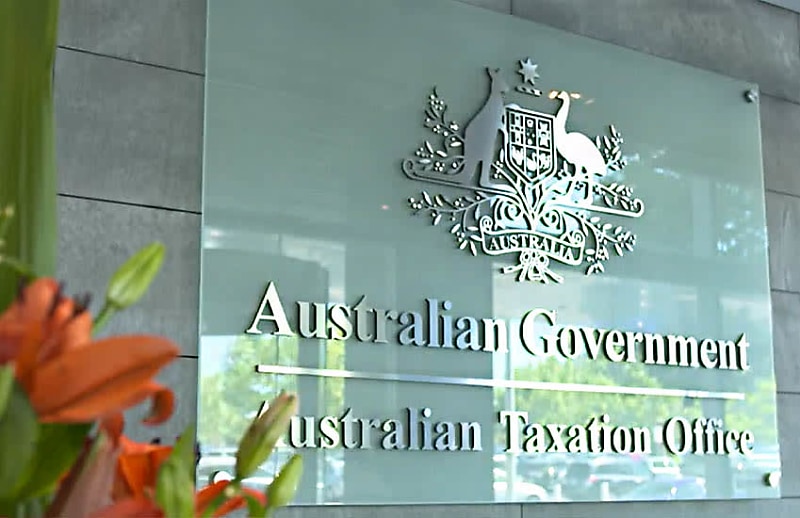Whistleblower takes ATO to court for alleged duty of care breach
TaxA whistleblower is taking the Commissioner of Taxation to court for allegedly breaching his duty of care to protect whistleblowers from retaliation.

In 2024, Soroush Safarimaznabi blew the whistle on alleged tax irregularities he identified while working at manufacturing company Oakmoore, which traded under the name EGR Group.
Following his disclosure, Safarimaznabi claimed that he was victimised by Oakmoore and subject to detriment including dismissal, harassment, and psychological harm.
Furthermore, Safarimaznabi alleged that the Commissioner of Taxation (CoT) had breached his duty of care to whistleblowers by failing to intervene, investigate, or issue any warnings to Oakmoore following his public interest disclosure, despite being made aware of his treatment.
Last week (17 October), the Federal Court of Australia dismissed the CoT’s application to end Safarimaznabi’s case early or strike out his claim, thus allowing the case to continue in the courts.
After he blew the whistle, Safarimaznabi alleged that the CoT was ‘alerted multiple times’ to his alleged victimisation at the hands of his former employer.
He said that he had been subject to a “pattern of increasing hostility” by Oakmoore, evidenced by micromanagement, isolation from key projects, and undue scrutiny.
Safarimaznabi said that by remaining passive, the CoT enabled Oakmoore’s retaliation against him and also permitted the company to ‘quietly rectify’ its tax issues without addressing his treatment as a whistleblower.
“There was an ‘absence of any admonition or oversight’ which likely gave Oakmoore the impression that the ATO did not care or would not enforce the whistleblower protections,” Safarimaznabi submitted, court documents read.
“The ATO’s silence meant Oakmoore perceived no external check on its actions and so ‘continued retaliating with impunity’; and the lack of any deterrent signal ‘created a vacuum’ whereby Oakmoore felt encouraged, or at least safe, to continue retaliating.”
He claimed that the CoT owed him a common law duty of care to take reasonable steps to prevent foreseeable harm from retaliation and a statutory duty to administer relevant whistleblower protections.
On this basis, Safarimaznabi alleged that the CoT breached that duty of care by failing to intervene, investigate, or issue any warning to Oakmoore. He also claimed the CoT failed to offer him support or protection or escalate the matter internally or externally, despite repeated notifications of Oakmoore’s conduct.
In May 2025, the CoT applied for a summary judgment on the basis that Safarimaznabi had no reasonable prospect of successfully prosecuting his case. The commissioner also applied for Safarimaznabi’s amended statement of claim to be struck out, saying it failed to disclose a reasonable cause of action.
However, the court dismissed both applications. It called the cause of action that Safarimaznabi sought to prosecute “novel,” but said that its novelty did not mean it was “unarguable.”
“On the basis of what is currently before me, I cannot rule out that at a final hearing, Mr Safarimaznabi will be able to establish facts that are capable of sustaining his allegation that the CoT owed him a statutory duty and/or a duty of care at common law to take reasonable steps to protect him from foreseeable harm from retaliation by his employer,” Justice Sarah Derrington said.
As such, the case was allowed to go ahead.




